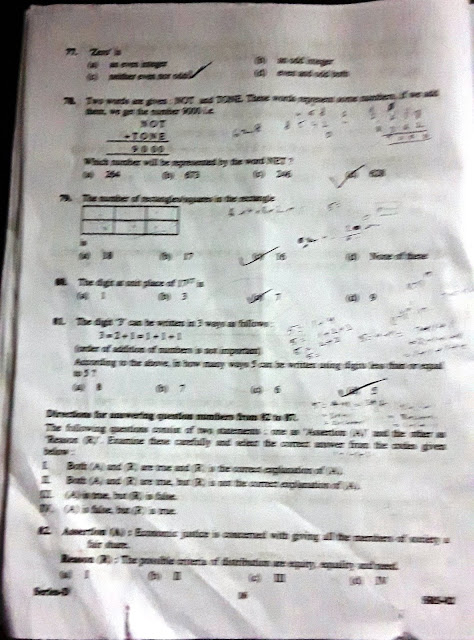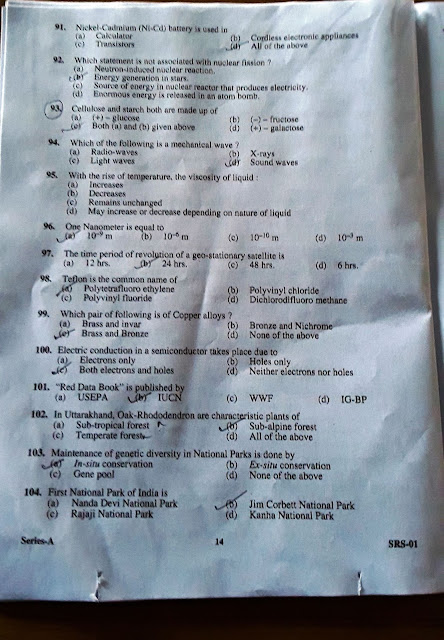President confers National Awards for Best electoral practices for the year 2016
Election Commission of India celebrates 7th National Voters’ Day with theme
“ Empowering Young & Future Voters”
The President of India, Shri Pranab
Mukherjee said that there has been some talk about simultaneous elections to
the Lok Sabha and State Assemblies in political circles. If initiative is taken
by Election Commission and political parties arrive at a consensus, reform is
possible. He said such a move can reduce inconvenience in terms of expenditure
and management. The President said this while speaking at the 7th National
Voters’ Day Celebrations here today.
Pointing out that in the last General
Elections in 2014, over 66% of the total electorate of 834 million voted, the
President congratulated the Election Commission on the successful conduct of
this huge exercise. He also congratulated Indian voters for exercising their
right to vote and showing utmost maturity in doing so.
The President said the Election Commission
requires unflinching support as they are trying to motivate young people in
excising their most fundamental democratic right of voting. It is essential
that the Election Commission should be an independent and competent
institution. Over the years, the Election Commission of India has proved to be
so and is appreciated all over the world.
The President said he was confident the
Election Commission can maintain its existing standards and continues to
improvise and evolve. The Election Commission has made a unique contribution to
strengthening the bedrock of Indian democracy. We can take legitimate pride in
the fact that we are the largest democracy in the world.
In his address , Dr Nasim Zaidi , the
Chief Election Commissioner (CEC) said that the Election Commission will lay
special focus on Future Voters under Systematic Voter Education Programme in the year
2017 and onward. Dr Zaidi hoped that the first time and future voters will get
encouraged to be part of electoral process. In India, over 62 million persons
fall in the age group of 15 to 17 years and have been coined as future
voters. Every year, 20 million persons out of the future voters turn 18
to become first time voters, Dr Zaidi added. Considering Future voters as a
focus group , the CEC said that the Commission has launched a unique programme
this month called “Interactive School Engagement” . As on date 11,000
schools and 23 lakh student across the country have been covered under this
engagement.
Listing out several initiatives taken by
the Commission during 2016 , Dr Zaidi said the Commission reignited public and
political debate on the issue of long pending electoral reforms by releasing in
public domain, a compendium of all pending reform proposals . First ever global
conference on voter education was organised where New Delhi Declaration on
voter education was released and a Voter Information Communication and
Education Net or VOICE.Net was launched .
Dr Zaidi congratulated young and future
voters, all officers and other organizations who received national awards for
outstanding and successful management and contribution to the elections in
2016. The CEC also mention special contribution of Shri SK Mendiratta , Legal
Advisor of ECI for rendering exceptional services over 53 years. This year the Commission
also recognized
the honorary work being carried out by four professors from premier IITs and
working with the Commission under the banner of Technical Evaluation
Committee, the CEC added.
On the occasion, the President presented
Election Photo Identity Cards (EPICs) to five new young voters and felicitated
six future voters . The President also conferred National Awards for Best
electoral practices for the year 2016 to the twelve officers . In addition ,
the awards under special category , Best State , National CSO award , National
Award for Government Department & National Media Award were also presented
.
The Chief Election Commissioner released
the book “ Unfolding Indian Elections- Journey of living democracy” and
presented first copy to the President . This book has been brought out by the
Election Commission of India and Publication Division , Ministry of Information
& Broadcasting.
The Election Commissioners Shri AK Joti and
Shri OP Rawat , representatives of political parties, former CECs , heads of 15
Election Management Bodies , international organisations and officers of ECI
attended the National level function.
National
Voters’ Day
( NVD)
25th
January
, celebrated as the National Voters’ Day . This year marks
the 7th NVD with theme “ Empowering
Young & Future Voters” .
NVD aims at increasing enrolment of voters , especially newly eligible young
voter (18-19 years) & ensure universal adult franchise for all . NVD is
being celebrated since 2011 on 25th January , the foundation Day of Election
Commission of India ( 25th January ,1950).





















